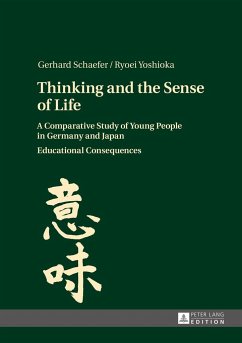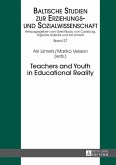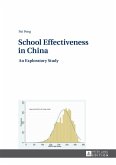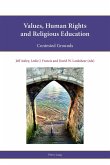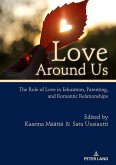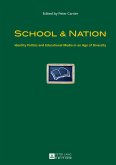Do cognitive/metacognitive abilities favour recognition of sense in life or not? Based on a sample of more than one thousand secondary schools students in Japan and Germany, the correlation between intelligence and perception of sense in life has been empirically examined. The study draws the conclusion that there is no clear correlation between cognition and sense. Finding sense in life seems to be independent from the level of thinking and to be independent as well from particular areas of commitment (e.g. science, technology, art and religion). The main factor discovered so far is a cultural/national one: The majority of Japanese students approve of the idea of sense in life whereas the majority of German students do not. The book discusses the different historical background of the two peer groups as a possible explanation and draws conclusions with respect to education.
Bitte wählen Sie Ihr Anliegen aus.
Rechnungen
Retourenschein anfordern
Bestellstatus
Storno

